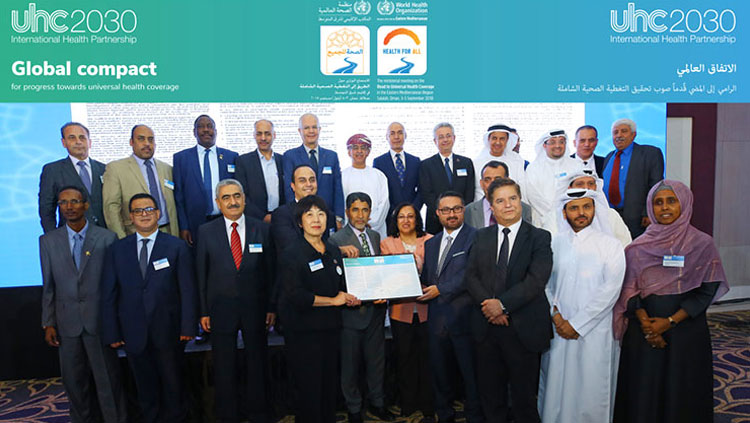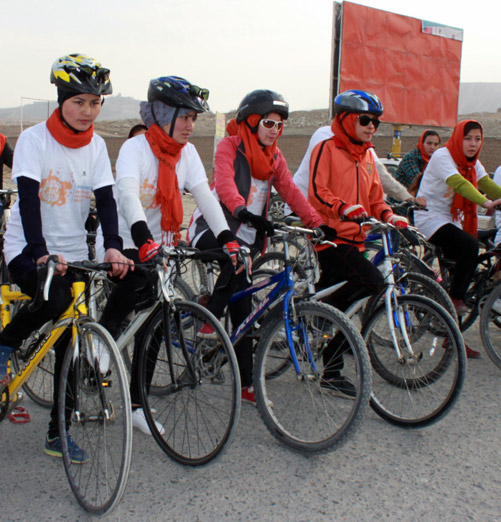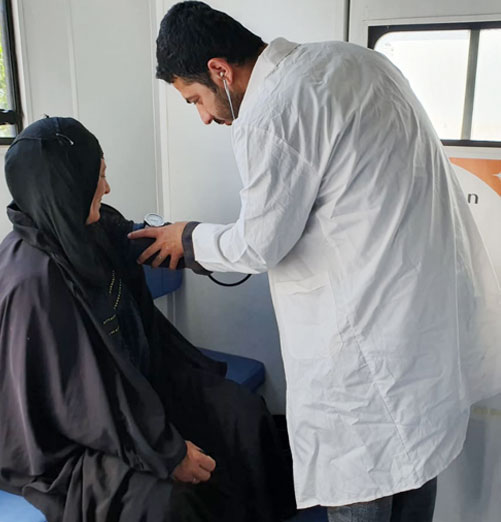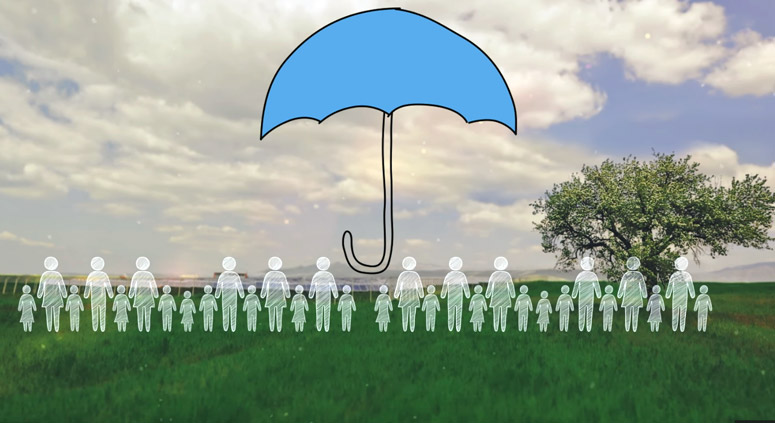
On 4 September 2018 all countries of WHO’s Eastern Mediterranean Region signed the UHC2030 Global Compact to progress towards UHC, making the Region the first among WHO’s 6 regions to do so. The endorsement of this Global Compact demonstrated the Region’s high level of commitment to build equitable, resilient and sustainable health systems to reach this goal.

UHC2030 enshrines the principles of:
“leaving no one behind” ‒ a commitment to equity, non-discrimination and a rights-based approach;
developing evidence-based national health strategies and leadership, with government stewardship to ensure availability, accessibility, acceptability, and quality of service delivery;
ensuring transparency and accountability for results.
One of the key initiatives outlined in WHO’s vision for its work with countries of the Region is to ‘launch regional essential health service and intersectoral packages to support the achievement of universal health coverage.’
The WHO Regional Office is providing technical support to countries:
on designing, developing and delivering a priority benefits package, including a model for countries in recovering stage from emergencies;
in strengthening institutional and organizational capacity to support priority setting in health care and sharing experiences of national experiences in priority setting.


UHC is possible and affordable for all countries
ACTION: Each country should use available evidence and tools to determine its own path towards UHC.

UHC is people-centred and politically smart
Action: Countries should ensure that UHC meets the needs and aspiration of its people, with their participation.






